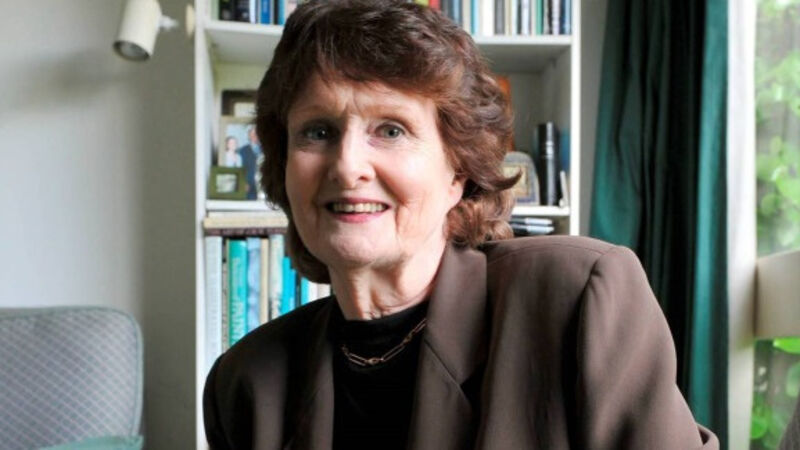'Poetry has always changed with the changing world': Eavan Boland keen for poetry to move with digital age

Eavan Boland passed away on Monday, April 27 2020
Try from €1.50 / week
SUBSCRIBEEavan Boland passed away on Monday, April 27 2020
- Below is an interview with her from the Irish Examiner in 2018, in advance of her appearance at Kilkenny Arts Festival.
Already a subscriber? Sign in
You have reached your article limit.
Annual €130 €80
Best value
Monthly €12€6 / month
Introductory offers for new customers. Annual billed once for first year. Renews at €130. Monthly initial discount (first 3 months) billed monthly, then €12 a month. Ts&Cs apply.
CONNECT WITH US TODAY
Be the first to know the latest news and updates
CONNECT WITH US TODAY
Be the first to know the latest news and updates

Our team of experts are on hand to offer advice and answer your questions here
Newsletter
The best food, health, entertainment and lifestyle content from the Irish Examiner, direct to your inbox.
© Examiner Echo Group Limited